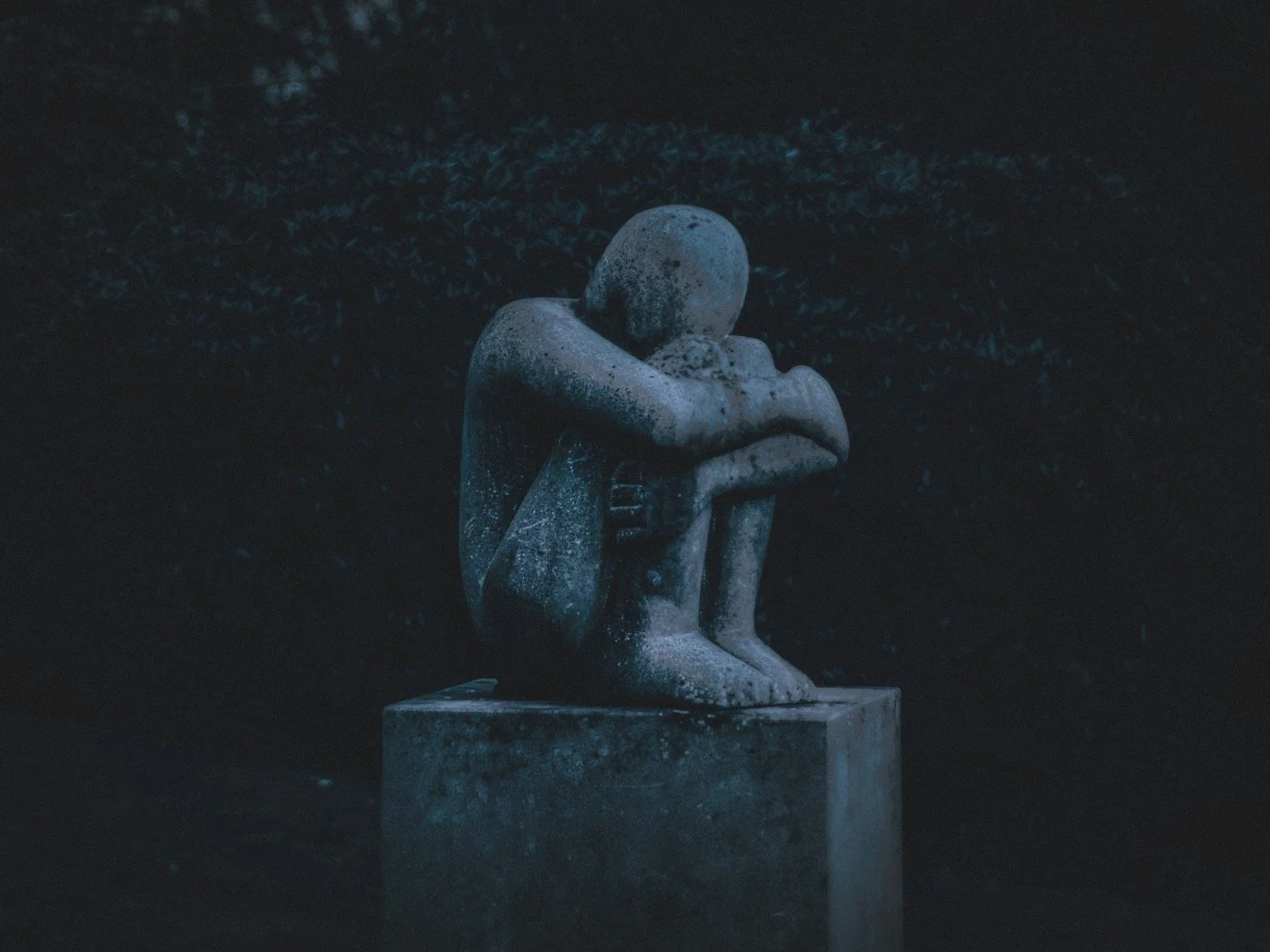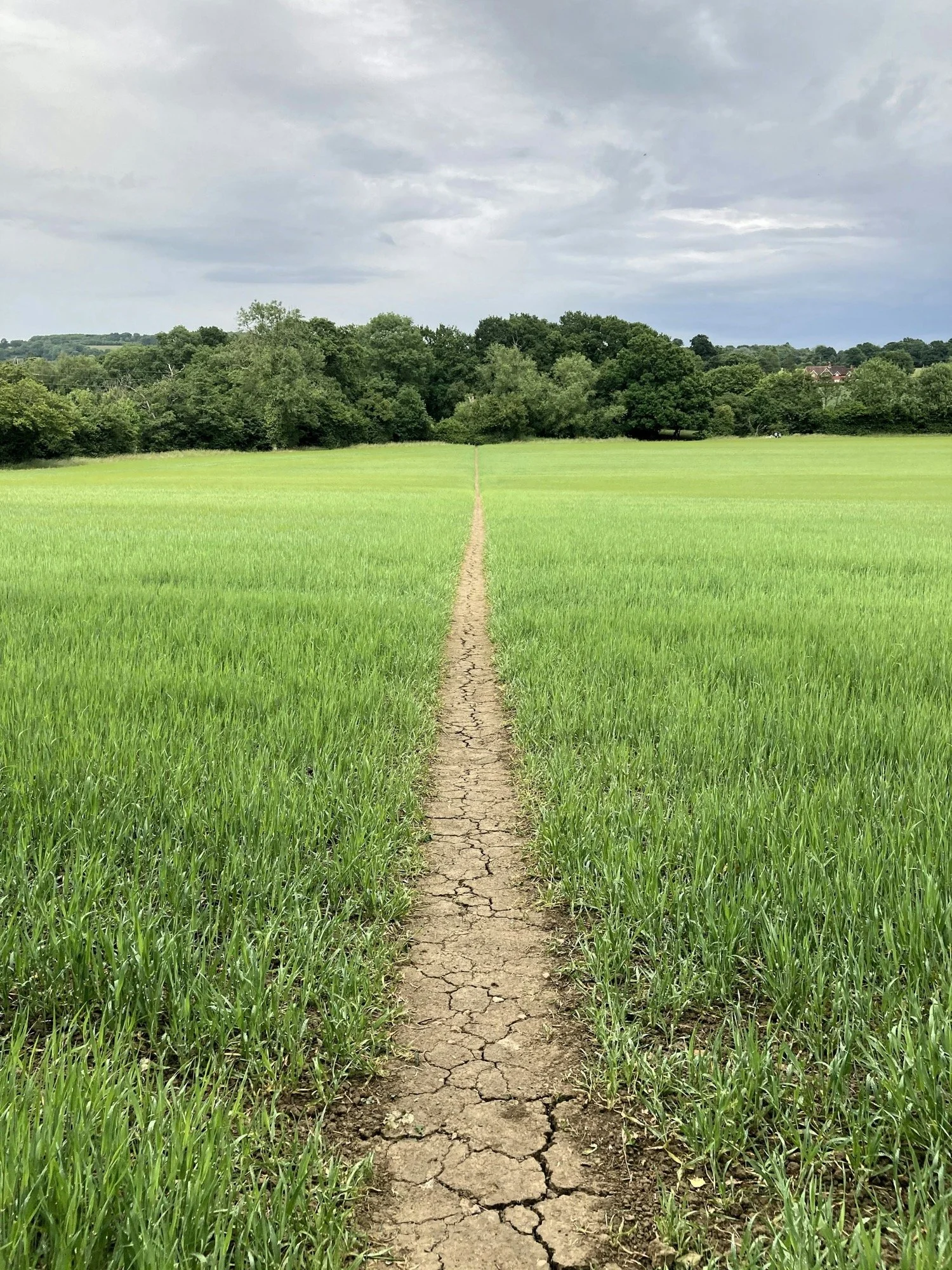Readings for today: Genesis 38-40, Psalm 12
One of the things we celebrate every Christmas is the idea of Immanuel, a name that literally means “God with Us.” It’s a powerful idea that continues to captivate each and every generation. We love the idea that the God of the universe would humble Himself to come and stand at our side. We love the idea that God would care for us so much He would walk with us through every season of life. We love the idea that God is so faithful that no matter where we go or what we do, He is always with and for us. He never walks away. He never abandons us. He never forsakes us. This is one of the unique features of the Christian faith.
God didn’t just become “Immanuel” on the day Jesus was born. He has always been Immanuel. He is Immanuel for Tamar as she wrestles over the cultural expectations of her day which would have her wed multiple men of the same family when the one who is her husband dies. He is Immanuel for Judah when he seeks comfort, unknowingly, in the arms of Tamar after the death of his wife. He is Immanuel for Perez and Zerah as they wrestle in the womb for supremacy. He is Immanuel for Joseph when he’s raised up to rule Potiphar’s house and then brought low through a false accusation. God is with us in the good and bad and ugly of life. Hopefully, you are beginning to see this as one of THE major themes in Scripture and it is what gives us hope even in the face of our own challenges and fears.
There are so many people in the world today processing all kinds of pain and suffering and heartache. There are all kinds of people living around us today who have all kinds of doubts and questions and fears. Lots of people who formally might have identified as Christian are deconstructing what they formally believe as they seek some kind of peace and wholeness and beauty and love in their lives. They want to be seen. They want to be known. They want to be free. They want to be affirmed. And the great news of the gospel is that God is with them every step of the way. He does see us. He does know us. He does set us free. He does affirm as His beloved. He also confronts us and convicts us and seeks to conform us to the image of His Son. Not through manipulation or coercion or by force but by loving us and comforting us and drawing us near. No matter where these opening weeks of 2024 find you, trust God is with you. He is the same yesterday, today, and forever. He will never leave your side.
Readings for tomorrow: Genesis 41-42, Psalm 13




